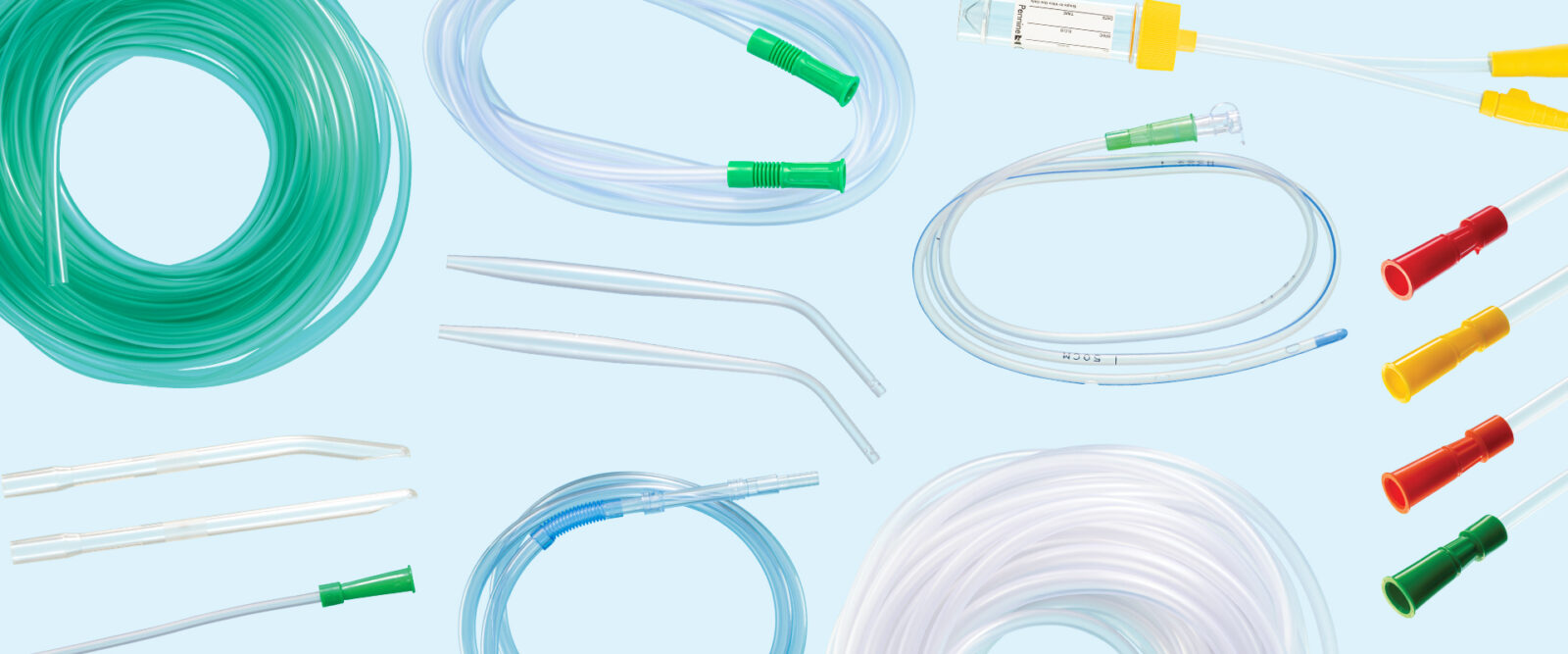
When it comes to procuring medical consumables for your healthcare facility, one crucial consideration is whether to choose sterile or non-sterile medical devices. The decision has far-reaching implications, impacting patient safety, operational costs, and compliance with healthcare regulations. Understanding the difference between these two categories and their respective applications is key to making an informed decision.
This guide will provide insights into sterile and non-sterile consumables, helping healthcare professionals choose the best solutions for their unique needs. At Pennine Healthcare, we pride ourselves on providing high-quality medical devices and consumables that meet the diverse requirements of our customers worldwide.
The primary distinction between sterile and non-sterile medical consumables lies in their microbial content:
This fundamental difference shapes their usage in various healthcare settings, making it essential to match the consumable’s level of sterility with the specific procedure it’s intended for.
Sterile consumables play a vital role in preventing infections and complications in healthcare environments. They are indispensable for procedures that involve:
By eliminating microbial contamination, sterile consumables protect patients from cross-contamination, reduce hospital-acquired infections (HAIs), and enhance overall care quality.
Sterile medical devices such as surgical drapes, sutures, and catheters are packaged in sealed materials that maintain sterility until use. This ensures they are ready for immediate application in critical procedures without the need for additional preparation. At Pennine Healthcare, we adhere to stringent sterilisation standards, ensuring the reliability and safety of our sterile consumables.
Non-sterile consumables are commonly used in routine medical tasks where sterility isn’t necessary. These include:
Examples of non-sterile items include gloves, bandages, and general-purpose instruments. These products are designed for efficiency and practicality, often being more cost-effective and readily available compared to sterile alternatives.
However, in situations where a non-sterile product is used in a sterile environment, it’s crucial to ensure proper handling and, if necessary, perform sterilisation before use. Pennine Healthcare provides both sterile and non-sterile options to accommodate a broad spectrum of clinical needs.
For many decision-makers, the choice between sterile and non-sterile consumables comes down to balancing cost and necessity. Non-sterile medical devices tend to be more economical, making them a preferred option for routine tasks where sterility is not a requirement. Their widespread availability ensures they are accessible for everyday clinical operations.
In contrast, sterile medical devices often come at a higher cost due to the sterilisation processes and specialised packaging required. However, their use is non-negotiable in high-risk applications, where the cost of an infection far outweighs the price of sterile products.
The right strategy involves assessing your facility’s needs and investing in sterile consumables for critical procedures while leveraging non-sterile items for non-invasive tasks to optimise budget and efficiency.
Sterile and non-sterile consumables also differ in how they are packaged and handled:
Understanding these distinctions can help healthcare professionals plan their inventory and logistics more effectively, ensuring the right products are available when needed.
Compliance with healthcare regulations is non-negotiable when selecting medical consumables. Hospitals, clinics, and distributors must adhere to strict guidelines that dictate when sterile products are required.
For example, guidelines from organisations such as the World Health Organization (WHO) and national health authorities outline specific scenarios where sterile consumables must be used. Non-compliance can result in legal and reputational risks, making it crucial for decision-makers to stay informed and choose products that meet the required standards.
At Pennine Healthcare, we not only provide high-quality sterile and non-sterile consumables but also support our clients in navigating regulatory requirements to ensure full compliance.
When deciding between sterile and non-sterile medical consumables, partnering with a trusted supplier is essential. At Pennine Healthcare, we offer a comprehensive range of products designed to meet the diverse needs of healthcare providers and distributors. Our commitment to quality, innovation, and customer support makes us a preferred choice for medical consumables worldwide.
Whether you’re procuring sterile medical devices for critical procedures or stocking up on non-sterile consumables for everyday tasks, we’re here to help you make the right choice. Speak to an expert today to discuss your requirements and discover how our solutions can elevate the standard of care at your facility.